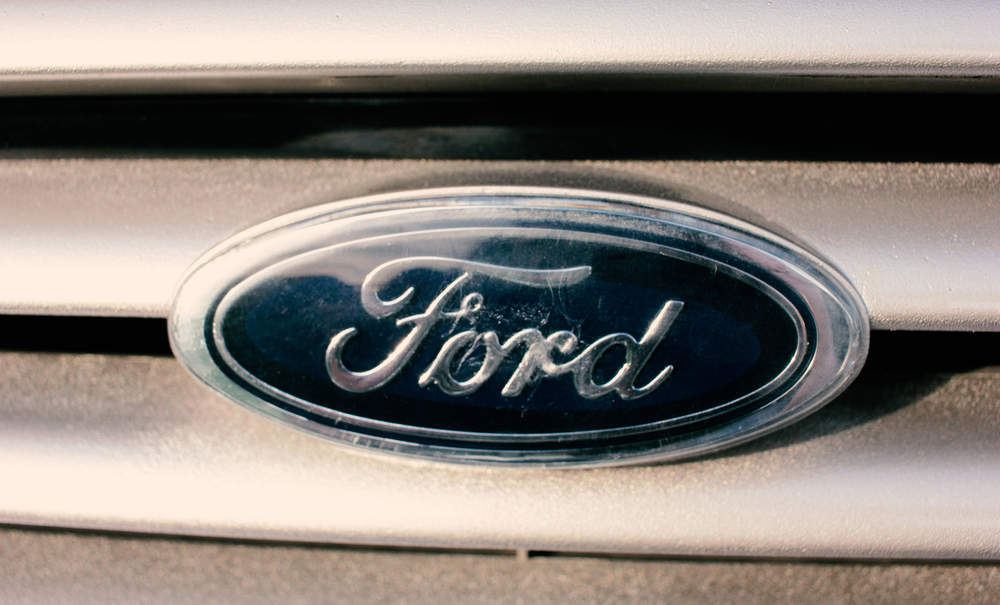
Ford could abandon its operations in the UK, where the company employs 15,000 people if Brexit means that the country is unable to remain “competitive”.
Steven Armstrong, Ford’s president for Europe, the Middle East and Africa, told the Confederation for British Industry’s (CBI) anuual conference on Monday:
Ford doesn’t want to exit the UK, but we might if the UK is not competitive, which is why we need a clear view of what the final agreement will be.
“It’s very important that we get…the transition agreement for a period of time so we can plan and adjust accordingly,” he added.
Last month, Ford, the second-largest Detroit carmaker published its third-quarter earnings.
The company did not perform well in Europe, reporting an $86m pre-tax loss compared with the year-earlier $138m pre-tax profit for the region.
How well do you really know your competitors?
Access the most comprehensive Company Profiles on the market, powered by GlobalData. Save hours of research. Gain competitive edge.

Thank you!
Your download email will arrive shortly
Not ready to buy yet? Download a free sample
We are confident about the unique quality of our Company Profiles. However, we want you to make the most beneficial decision for your business, so we offer a free sample that you can download by submitting the below form
By GlobalDataThe automotive giant said the loss could be “nearly completely explained by Brexit effects”.
Maryann Keller, an independent auto industry consultant told Verdict that Ford’s calls for more clarity on how Brexit will affect industry are not new.
Ford management has been signaling for more than a year that it needs clarity with respect free access for its British built engines and transmissions into Europe post Brexit. Auto companies must plan their investments years in advance.
“No automaker in Europe or the US for that matter can afford to absorb losses on the production of major components or vehicles. And if that is the result of Brexit on UK operations, then Ford will have no choice but to make decisions based strictly upon the financial viability of each facility,” she added.
The current state of the UK car industry
Investment in Britain’s automotive industry has fallen by 75 percent in two years, industry body the Society of Motor Manufacturers and Traders (SMMT) revealed in July.
October marked the seventh consecutive month of declining UK car sales. Sales of diesel vehicles fell by 29.9 percent — the biggest drop since the financial crisis.
Meanwhile, new car registrations fell by 12.2 percent year on year to 158,192 vehicles in October, according to the SMMT.
Last week, senior car industry executives from companies including Jaguar Land Rover, Toyota, Ford and BMW met with British prime minister Theresa May and Greg Clark, the business secretary to discuss the impact of Brexit on the auto sector.
One person at the meeting said car companies needed more clarity “within months” about the UK’s EU withdrawal plans.
“We did make it clear that this industry is in the process of making decisions, that need for clarity was there,” an executive told the Financial Times. “The industry is going through tremendous change, and Brexit is a layer of complexity added to that.”
The UK car industry contributes an estimated £77.5bn a year to the country’s economy but is dependent on overseas markets.
The UK’s car plants export 80 percent of cars made in Britain.
In the absence of a deal, and the subsequent introduction of WTO tariffs, the auto sector would take a £4.5bn hit, according to SMMT calculations.
Mike Hawes, the SMMT’s chief executive, said:
We urge the government to use the forthcoming Autumn Budget to restore stability to the market, encouraging the purchase of the latest low emission vehicles as fleet renewal is the fastest and most effective way of addressing air quality concerns.







